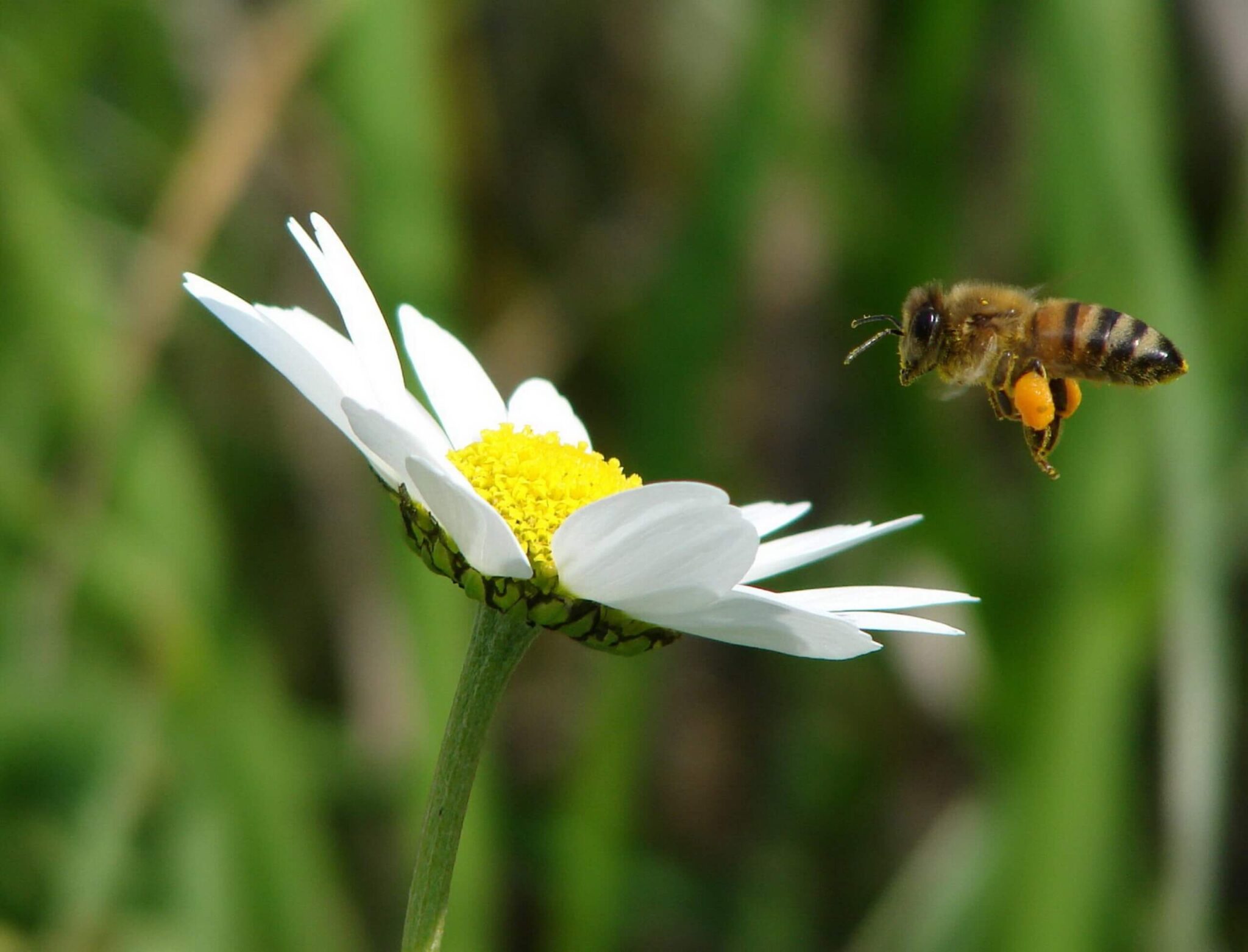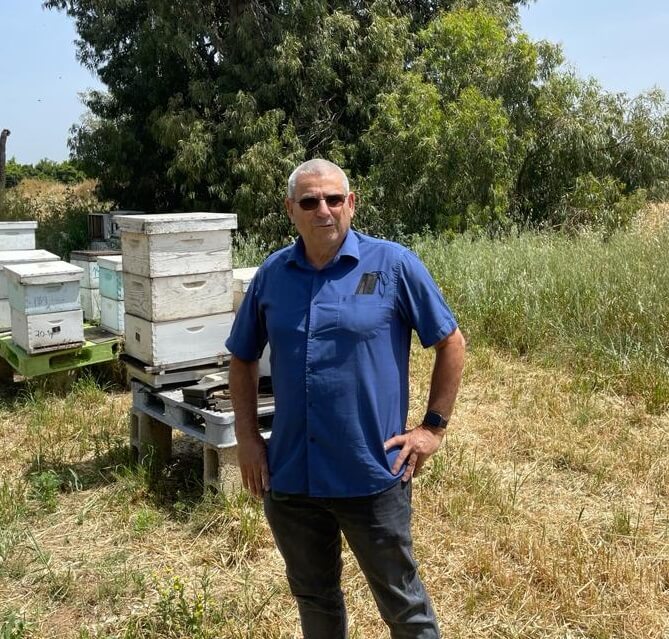The Honey Council: due to the massive disappearance of honey bees in the world, the studies on the honey bee and the act of pollination - without which humanity would not have food from plants - were expanded

Scientists from many research institutes in the world are investigating everything related to the honey bee, this is due to the disappearance of a third of the bee colonies in the world, for an unknown reason. Since the bee is responsible for pollinating 80% of agricultural and wild plants, and without it there would be no food from the plant, the honey bee has become a sought-after research object, with the aim of saving the world. Among the various studies, a new study was carried out by a team of researchers from Australia and France led by the researcher Dr. Scarlett Howard from the Center for Integrative Ecology at Dean University in Australia, who found that honey bees are able to visually acquire the ability to distinguish between even and odd numbers, and even extrapolate (an approximate estimate of unknown data based on known data) just like humans.
From studies conducted around the world, it appears that humans are faster and more accurate when classifying numbers as even versus odd. For example, it was found that children usually associate the word "even" with "right" and "odd" with "left". These studies suggest that humans may have learned or innate biases regarding even and odd numbers, which may have emerged through evolution or cultural transmission. The question of whether other animals can recognize even and odd numbers may shed light on humans' history with parity.
In a study carried out at the University of Australia, the researchers chose to study the honey bee, known for its cognitive abilities that have fascinated the world of research for years. As part of the experiment, the researchers divided the honeybees into two groups. The first group was trained to associate even numbers with a sugar-water solution (to encourage a correct choice), and odd numbers with a quinine solution, which has a bitter taste (to enjoy a wrong choice). The bees in the second group were trained to associate odd numbers with a sugar-water solution and even numbers with a quinine solution. The training was carried out using cards, on which between one and ten geometric shapes were printed. The experiment continued until the honeybees reached 80% accuracy in choosing the correct answer. One of the interesting findings that emerged from the experiment was that the rate of learning was different between the two groups, when the bees that were trained to associate odd numbers with sugar water learned faster than their counterparts in the other group. A finding that teaches that the learning bias of the honeybees regarding the odd numbers is actually the opposite of that known among humans who categorize the even numbers more quickly.
At a later stage in the experiment, the honey bees were exposed to new numbers.
The main researcher in the study Dr. Scarlett Howard She said: "Surprisingly, the honeybees classified the new numbers as even and odd with about 70% accuracy. The findings showed that the tiny brains of the honeybees were able to grasp the concepts of even and odd. For comparison; The human brain has about 86 billion neurons, while the brain of the honey bee consists of only about 960 thousand neurons, and it was found that both can classify numbers by item."
Dr. Howard also stated that the results of the research constitute a significant step in learning about how mathematics and abstract thought appeared in humans throughout history, as a basis for new research in the field.
Ofi Reich, CEO of the Honey Council: "The senses and abilities of the honey bee continue to amaze researchers around the world. This study shows the high cognitive ability of the bees," said Reich and added: "There is utmost importance in expanding research in Israel and around the world in the field of honey bees, which pollinate about 80% of agricultural crops. I hope that the results of the research will lead to finding ways to deal with the alarming phenomenon of their disappearance, which is caused, among other things, by real threats of the climate crisis, global warming and accelerated urbanization."
The study was published in the scientific journal Frontiers in Ecology and Evolution

More of the topic in Hayadan:

2 תגובות
Even if the honey bee had written an in-depth commentary on Shakespeare, she would not have received an academic degree but extinction.
It is worth checking humans if they have neurons that know how to distinguish between good and bad.
The result of the research surprised me enough to check the source. I was convinced, but my enthusiasm faded a little when I read there: "We use this information to construct a neural network consisting of f̲i̲v̲e̲ ̲n̲e̲u̲r̲o̲n̲s̲ that can reliably categorize odd and even numerosities up to 40 elements", so those 960,000 neurons in the bee's brain should definitely be enough. It is possible that such abilities are a byproduct of the system associated with the famous dance, which requires some kind of mathematical ability - the translation of behavior into terms of direction and distance.
And it is
"Quinine solution, with a bitter taste (for the pleasure of a wrong choice)" - it took me a few seconds to understand that this is not an error, but that the "pleasure" is from the word "to persuade" and not "to enjoy". If the Honey Council had a good Magia this wouldn't have happened 🙂